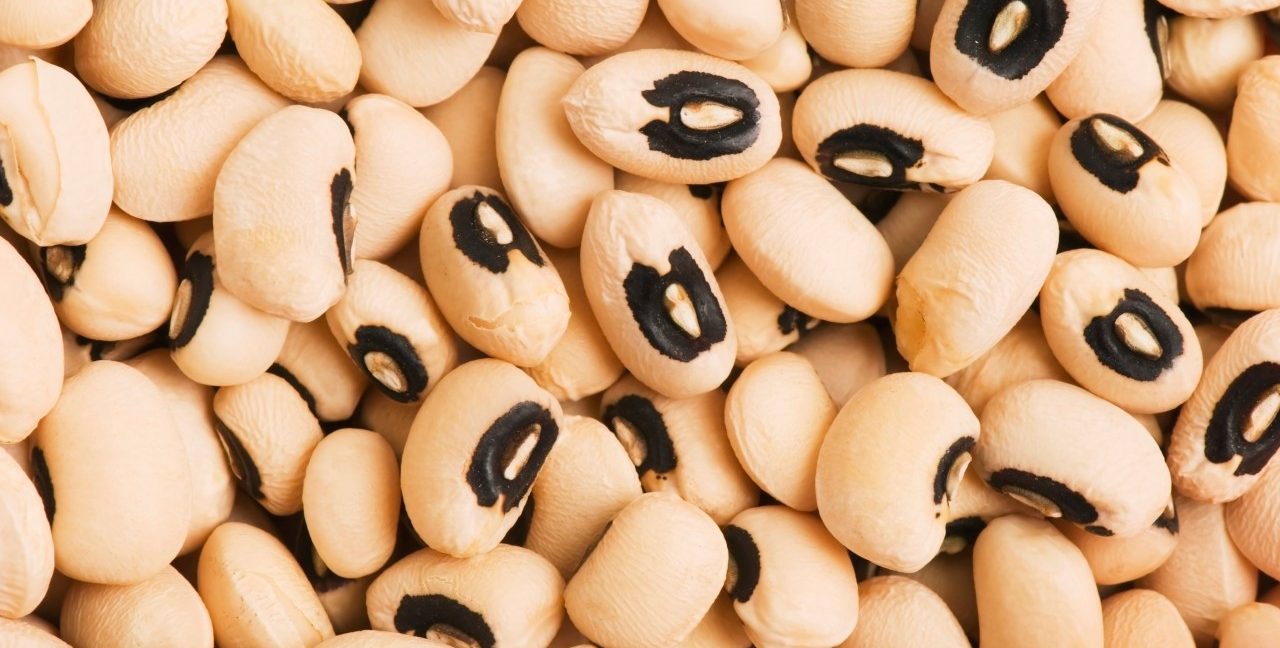African Diet Cuts Your Colon Cancer Risk

A diet high in fiber, based on African food, dramatically slashed African Americans’ risk for colon cancer in just two weeks.
Colon cancer rates are higher in all western countries than in Africa. In the U.S., colon cancer is the third most commonly diagnosed malignancy and the third leading cause of death from cancer — and African Americans are at heightened risk. They are 25 percent more likely to have colon cancer and 50 percent more likely to die from the disease, according to the American Cancer Society.
Those statistics could change for the better, thanks to a discovery made by a team of scientists from the University of Pittsburgh and Imperial College London. They found a way to dramatically and quickly reduce risk factors for colon cancer in African Americans. All it took was two weeks of eating a typical African diet, low in fat and protein and rich in fiber, instead of a common high-protein and low-fiber American diet.
For the study, 20 African American volunteers and 20 participants from rural South Africa, all of whom had been eating their regular diets, underwent colonoscopy examinations. The researchers measured biological markers linked to colon cancer risk and took samples of bacteria from colons. The colonoscopies revealed that about half of the U.S. research subjects had colon polyps (which can be benign but may progress to cancer); their African counterparts had none of these growths.
The two groups then swapped diets under tightly controlled conditions for two weeks and colonoscopies were repeated. The examinations showed reduced inflammation in the colons of the Americans who ate the African diet and biomarkers of colon cancer risk had plummeted. But the opposite was true for the Africans who had consumed the American food. Measurements showed their colon cancer risk factors had soared.
“Our study suggests that westernization of the diet induces changes in biomarkers of colon cancer risk in the colonic mucosa within two weeks,” said University of Pittsburgh nutrition professor Stephen O’Keefe, MD, who led the research. “Perhaps even more importantly, a change in diet from a westernized composition to a ‘traditional African’ high-fiber, low-fat diet reduced these biomarkers of cancer risk within two weeks, indicating that it is likely never too late to change your diet to change your risk of colon cancer.”
The study confirmed a well-known fact: Eating a high-fiber diet can substantially reduce the risk for colon cancer. But the research also revealed this protective effect was linked to how increased fiber changed gut bacteria.
The bacteria, known as the microbiome, produced a by-product of fiber metabolism called butyrate that has anti-cancer properties. In all, butyrate levels increased 2.5 times when Americans ate the African-type diet. However, butyrate decreased by half in the colons of the Africans who ate typical American food.
“The gut microbiome is being increasingly recognized as an important contributor to human health. This research shows that gut bacteria are critically important for mediating the link between diet and colon cancer risk,” said Imperial College London colorectal surgeon James Kinross, MD. “This means we can look to develop therapies targeting gut bacteria as a way to prevent and treat cancer.”
Updated:
March 30, 2020
Reviewed By:
Janet O’Dell, RN